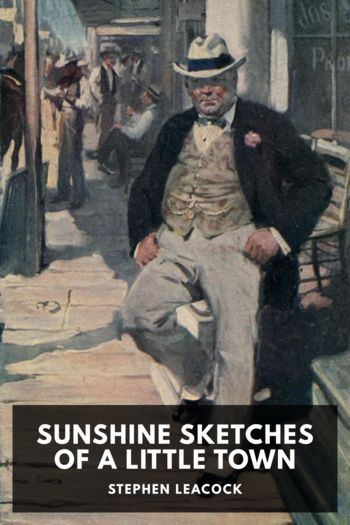Low Country, J. Jones [top 10 best books of all time .TXT] 📗

- Author: J. Jones
Book online «Low Country, J. Jones [top 10 best books of all time .TXT] 📗». Author J. Jones
Cleaning up the bar most afternoons after school, I turned the glasses smeared with fingerprints and lipstick upside down and stuck them onto the black bristles shaped like fir trees in the sink. When my tasks were done, I settled down at the bar and watched myself write homework in the mirror, continuing even when the first patrons trickled in, then my brothers and I walked to Nana’s house to spend the evening. In the dimmed lights, surrounded by the dark stained wood of the bar, the shadows under the dozens of round tables in front of the stage, it felt as if a storm were always in the air, echoes of our parents’ arguments. I expected the clouds Mom painted on the wall, drawn in pencil above the Low Country marsh by Dad’s friend Clay, a silhouette artist, to light the dark, empty dining room with bouts of lightning, to flood the dining room with rain.
Along each edge of the bar’s mirror, a waxy wood mermaid was carved naked at the waist but for tendrils of waving hair, her arms overhead to look as if she were holding aloft the top beam that connected the mirror to the ceiling. At my middle school, North Myrtle Beach Middle School, I had learned about the Mermaid Riots in Charleston. After weeks or months of confounding daily downpours that refused to clear by prayers to Jesus, a young doctor was accused of keeping captive a mermaid. This had angered the spirits that ruled the sea, it was clear. The good Christians of eighteenth-century Charleston thus gathered in a mob of top-hatted gentlemen swimming through the streets and rowboats containing any ladies who dared, and few churchgoing Southern ladies could resist the chance to run someone out of town. Regrettably, no torch kept alight in the heavy rain, but there were pitchforks and muskets to go around. And so this congregation of Charlestonians, probably all resting now in the tourist-filled graveyards of the Holy City, pounded on this doctor’s front door, demanding that he release the mermaid he held captive for the selfish sacrilege of science. It should go without saying that this guy was “from off.” The doctor was carried through the flooded streets toward the Battery, the seaside promenade that barricades Rainbow Row from the harbor, with the mermaid swimming in a glass jar, where he dumped her back into the ocean. Hallelujah, the rain stopped, say the books, which propose that this mermaid was nothing more than an unusually large frog or a baby manatee. If these ancestors of mine, Low Country people since before the days of Francis Marion, couldn’t tell the difference between a mythical sea creature and a garden frog, I might rather be descended from the frog. That the good doctor most likely kept a baby manatee was not very hard to figure out. The broad, slow rolls of their gray-brown bulk are still seen lolling in the rivers and marsh creeks every summer. Sailors had been mistaking their good-natured surface sunning for the enticement of mermaids since the Spanish landed in Georgetown.
Sometimes I wondered what would happen if I severed one of these mythic idols from her perch above the bar and offered it up on my own to the ocean. I could easily slip away and walk across King’s Highway through the elephant-tall dunes onto the beach, and it would probably not be that hard to get hold of a crow-bar or hatchet. Would some relief come for my parents, for the floods of tears my mom cried, if I gave to the sea the only mermaid I had access to? Would the safety of music return and their worry stop falling as the rain in Charleston had ceased? Such an offering might make me as bad as the men who spread such a ridiculous tale. I would be participating, acquiescing to a world built on the ill-formed stories and logic of men that did not feel true to me. If I was going to get into the business of telling ghost stories, I might get to change the endings.
I never took an ax to the figureheads that watched my parents disintegrate into their worst selves. Instead, after our chores on most days, we’d walk to Nana’s house to finish our homework and either spend the night there with Chris and Brian, or wait for Mom to pick us up around midnight. Dad always stayed till closing, but he’d do more than just lock the doors. After the excitement of finding a venue with a stage and hosting a few gigs at the beginning, he let that vital part of him fall away, and the stage was dark and empty for most of our time at Whiskey Jones. An entertainer without a stage, he soon





Comments (0)